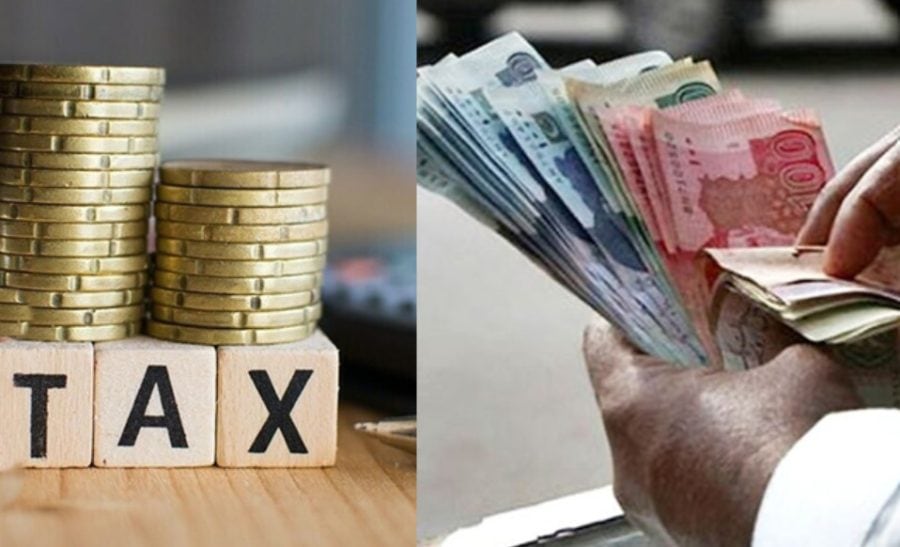ISLAMABAD – The economic growth of the crisis-hit country slowed to one of the lowest levels in its history as economic woes intensified, and the new government is taking stern measures for economic revival.
Amid the government’s stringent measures, the World Bank suggested interim setup to tax people earning monthly Rs50,000 and less. The international financial institution further slashed the Rs0.5 million per month income threshold for charging the highest income tax rate of 35 percent.
Experts see that the new suggestion, if get approved by cabinet, would further burden the salaried class group that pays tax on its gross earnings.
World Bank shared new proposals for restoring Islamabad’s fiscal sustainability, which includes measures to broaden the tax base to untaxed areas.
World Bank further wants the government to cut federal spending within provincial mandates, and to improve accountability for service delivery.
A statement in the Pakistan Development Outlook report said “Within salaried individuals, the income tax exemption threshold is set sub-optimally high, leaving formally employed salaried individuals outside of the tax net”.
In reality, World Bank’s suggestion is not in sync with the ground situation as poverty increased in Pakistan in fiscal year 2023 amid slowing growth and sky high inflation.
The poverty headcount is said to be touching nearly 40pc in FY23, with 12.5 million more people in the country falling below the Lower-Middle Income Country poverty threshold.










